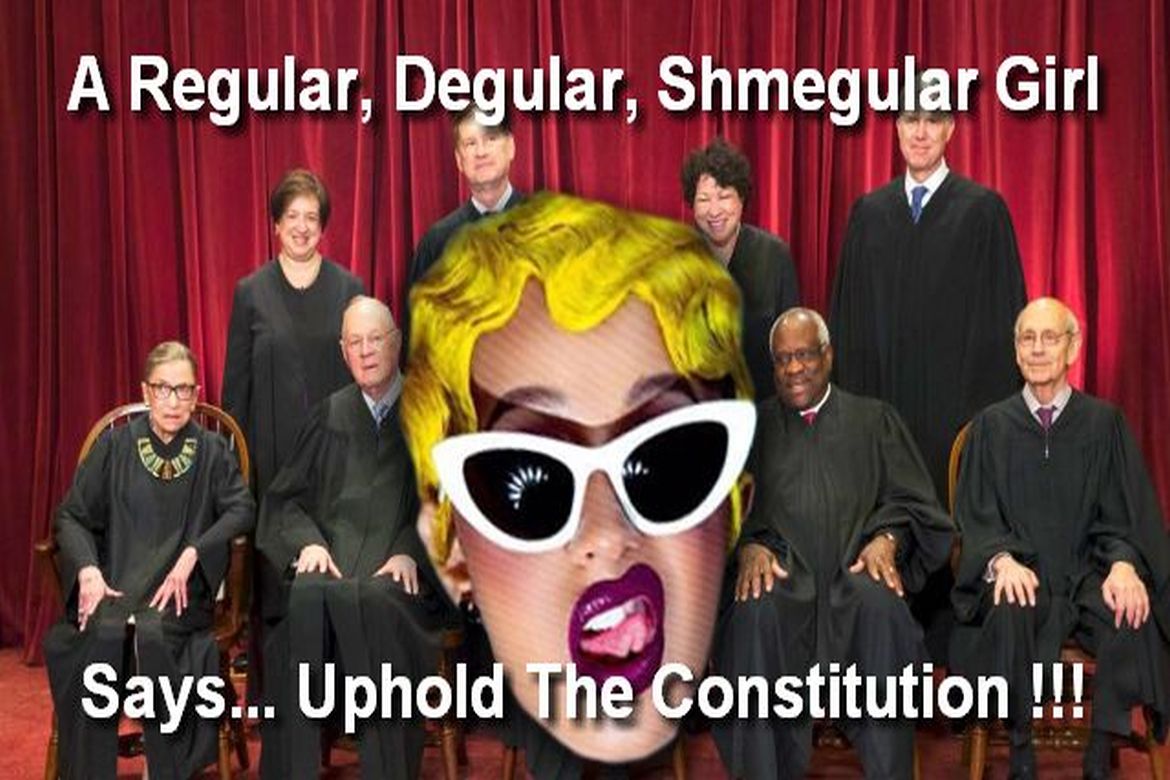Justice Clarence Thomas’s wish to have remained a U.S. Court of Appeals judge amidst criticism of his wife, Virginia Thomas, is a complex issue that raises questions about judicial independence, the role of spouses in the public sphere, and the intersection of personal beliefs with professional responsibilities.
Clarence Thomas, the second African American to serve on the Supreme Court of the United States, has had a long and controversial career. Throughout his tenure, he has been known for his conservative judicial philosophy and his adherence to originalism, a doctrine that interprets the Constitution based on its original meaning at the time it was adopted. Thomas’s views have often placed him at odds with liberal justices and commentators, leading to heated debates over issues such as affirmative action, abortion rights, and the scope of federal power.
Meanwhile, his wife, Virginia Thomas, has also been a prominent figure in conservative circles. As the founder of Liberty Consulting, a conservative advocacy group, and as a vocal supporter of conservative causes, she has drawn criticism for her political activities and her association with organizations such as the Tea Party movement. Her involvement in political advocacy has raised concerns about potential conflicts of interest and the perception of impartiality, particularly given her husband’s position as a Supreme Court justice.
In light of these criticisms, Justice Thomas’s past wish to have remained a U.S. Court of Appeals judge is understandable from a practical standpoint. Serving on a lower court would have likely shielded him and his family from some of the intense scrutiny that comes with being a Supreme Court justice. Lower court judges generally operate with less public visibility and face fewer demands on their time and attention. For Justice Thomas, who has been the subject of intense media scrutiny and public criticism throughout his career, the prospect of a quieter, more low-profile role may have held significant appeal.
Moreover, Justice Thomas’s desire to avoid the spotlight may also reflect a deeper commitment to his judicial principles. As an originalist, he has emphasized the importance of interpreting the Constitution according to its original meaning, rather than imposing his own policy preferences or ideological beliefs. By stepping away from the Supreme Court and returning to the relative anonymity of a lower court, Justice Thomas may have hoped to insulate himself from the pressures and temptations that can accompany high-profile judicial positions, allowing him to focus more closely on the task of applying legal principles to the cases before him.
However, Justice Thomas’s wish to have remained a U.S. Court of Appeals judge also raises important questions about the proper role of spouses in the public sphere and the potential for conflicts of interest. While it is not uncommon for spouses of public figures to engage in political activism or advocacy, the close relationship between Justice Thomas’s judicial role and his wife’s political activities has drawn scrutiny from critics who argue that it creates the appearance of impropriety or bias.
In a system built on the principle of judicial independence and impartiality, perceptions matter as much as reality. Even if Justice Thomas himself is able to separate his personal beliefs from his judicial decision-making, the mere appearance of bias or favoritism can undermine public confidence in the integrity of the judiciary. By publicly expressing his wish to have remained a U.S. Court of Appeals judge, Justice Thomas may have been acknowledging the challenges posed by his wife’s activism and the potential impact it could have on his own reputation and the credibility of the Supreme Court as an institution.
Ultimately, the issue of Justice Thomas’s past wish to have remained a U.S. Court of Appeals judge amidst criticism of his wife’s political activities highlights the complexities of balancing personal beliefs with professional responsibilities in the public eye. While Justice Thomas’s desire for a quieter, less contentious role is understandable, it also underscores the importance of maintaining clear boundaries between the judiciary and the political sphere, as well as the need for transparency and accountability in ensuring the integrity of the judicial process. As the Supreme Court continues to grapple with divisive legal and social issues, these considerations will remain paramount in preserving the court’s legitimacy and upholding the rule of law.

